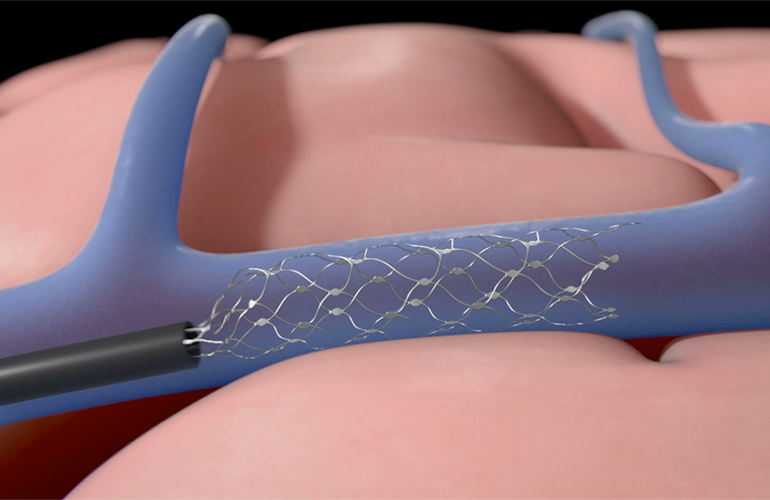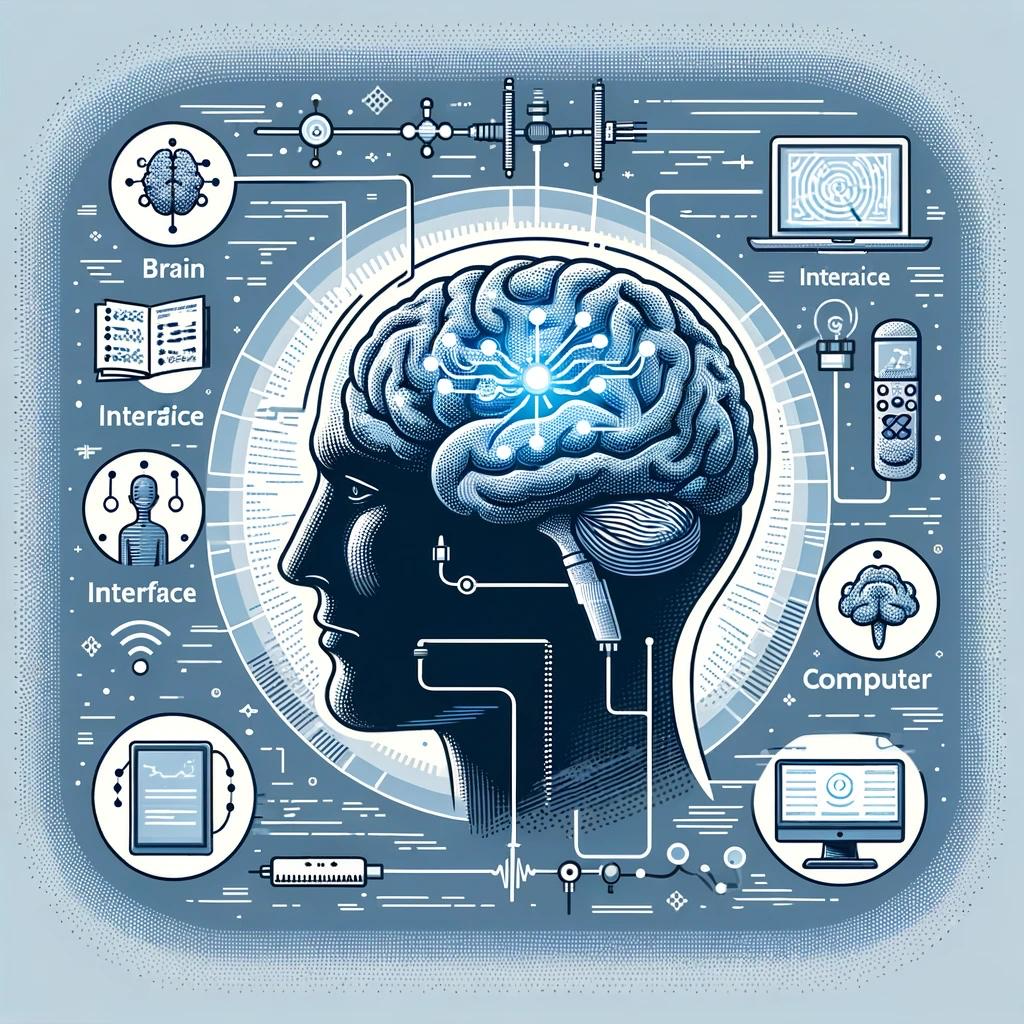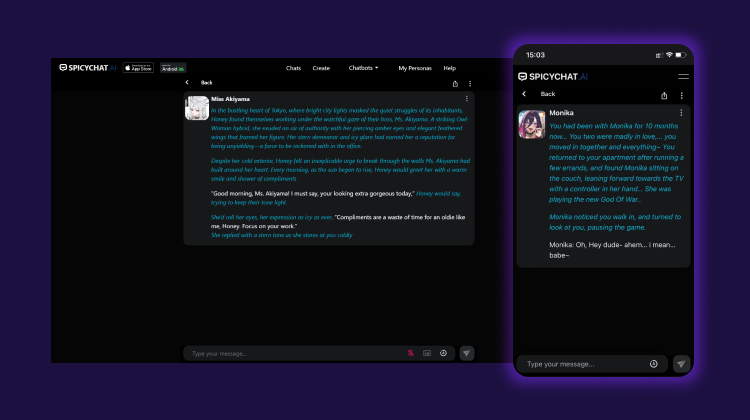AI
Brain Implant Integrates ChatGPT for Enhanced Communication
28 July 2024
|
Zaker Adham
We explored the integration of ChatGPT with Synchron's brain-computer interface (BCI) technology through the work of two pioneers, gaining insight into its use and future potential.

Synchron, a leading brain-computer interface company, is pushing the boundaries by integrating ChatGPT to help individuals with paralysis control their digital devices more efficiently. Synchron's approach allows for BCI implantation without open brain surgery, and the addition of OpenAI's ChatGPT marks a groundbreaking advancement.
Tom Oxley, Founder and CEO of Synchron, has shared his vision for the company's innovative brain-computer interface (BCI) technology and its potential applications with ChatGPT. and Mark, a patient featured in the demo video, to gain insights into this innovative technology and its future direction. Mark, diagnosed with ALS in 2021, has experienced a significant loss of hand function. He is one of ten individuals participating in Synchron's clinical trials.

Traditional BCI systems require users to type out messages letter by letter, which can be time-consuming. The integration of AI aims to streamline communication by providing contextual suggestions based on previous conversation history, allowing users to select responses with a single "click." This method is expected to speed up and simplify communication. Mark has noted that the AI's responses are increasingly accurate and reflective of his own speech patterns, occasionally even mimicking his use of humor.
Synchron's CEO, Tom Oxley, revealed that the company has been exploring various AI models over the past year. The release of ChatGPT-4o by OpenAI, which can process text, audio, and visual inputs simultaneously, has opened up new possibilities. Oxley envisions future BCIs leveraging these capabilities to offer users relevant prompts that can be selected with their BCI.

The Synchron implant, known as a stentrode, is placed inside a blood vessel near the brain's motor cortex, which controls movement. Users can make selections on their devices by simply thinking about movement, and the BCI translates these thoughts into wireless commands. The cost of Synchron's BCI is expected to be between $50,000 and $100,000, similar to other medical implants like pacemakers or cochlear implants. While no implantable BCIs have yet received market approval from the US Food and Drug Administration, Synchron aims to change that in the coming years.
"There's hope coming," Mark said, expressing optimism for others in similar situations. He concluded by encouraging people to contribute to finding solutions, emphasizing the importance of helping others.




